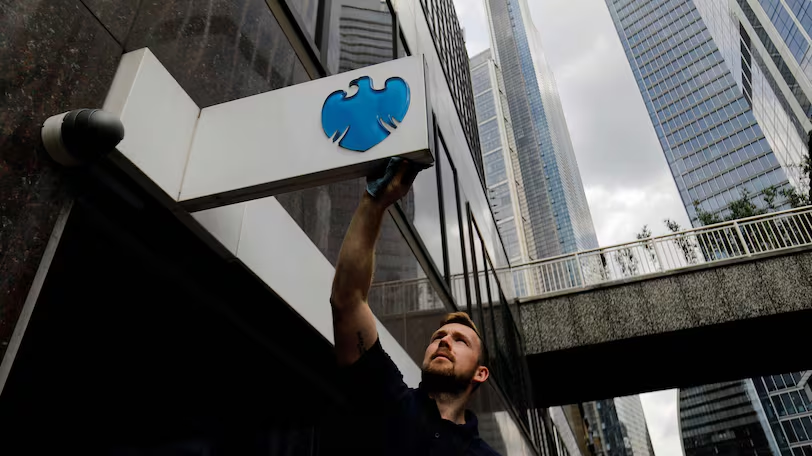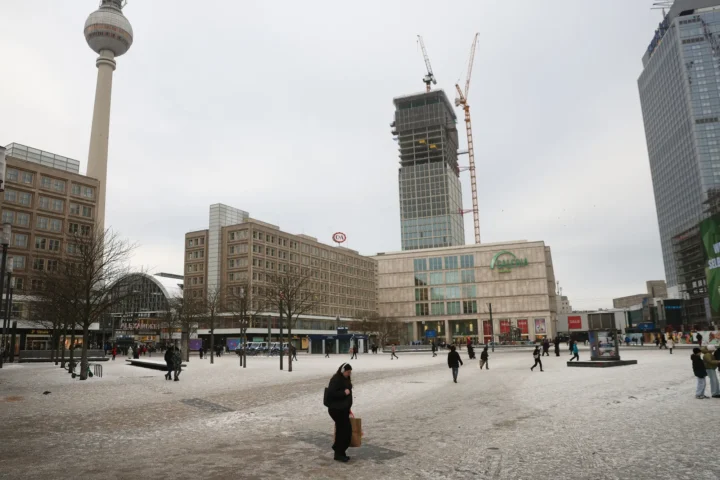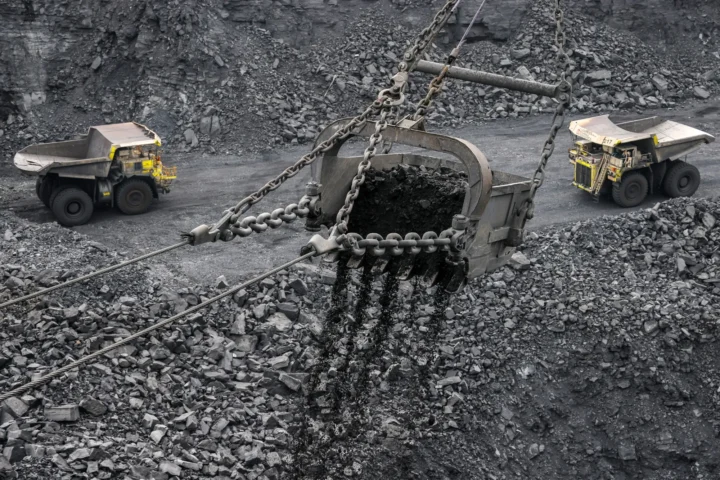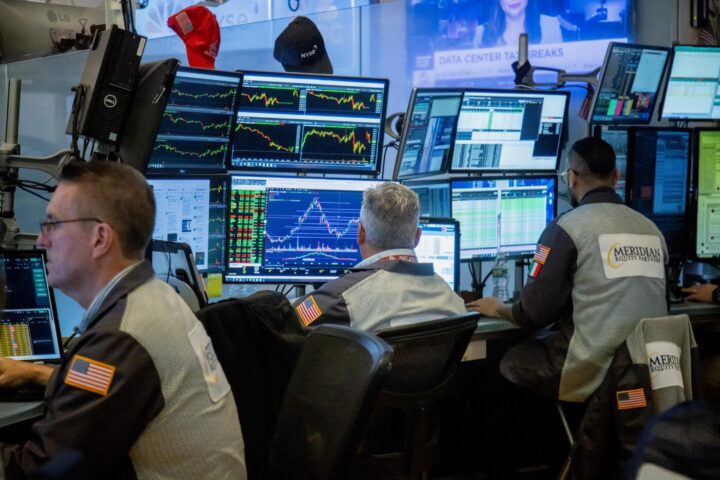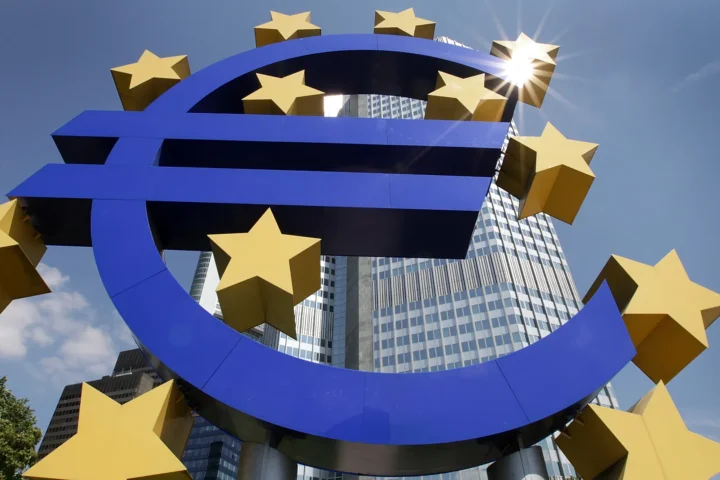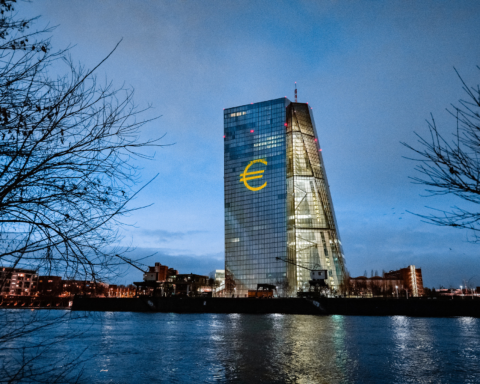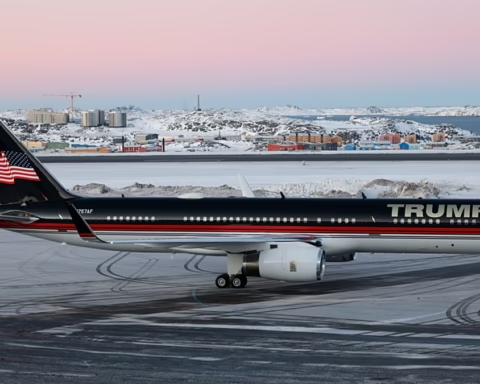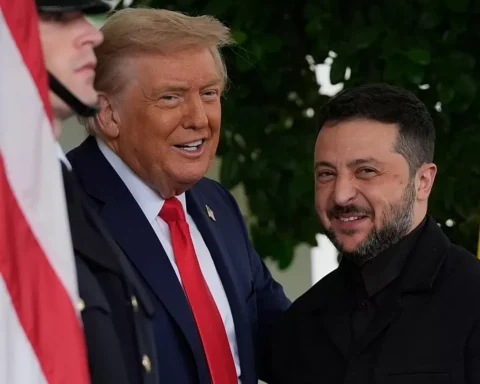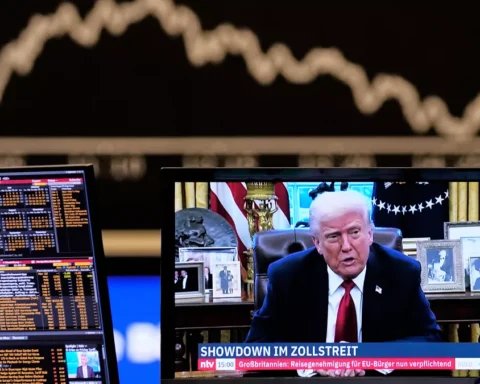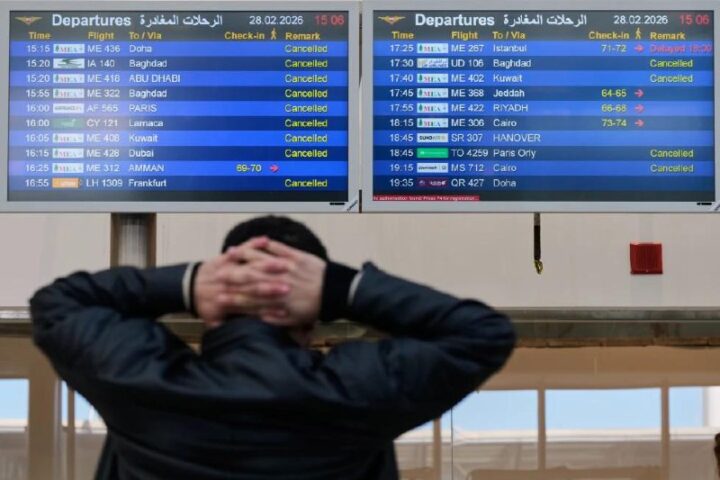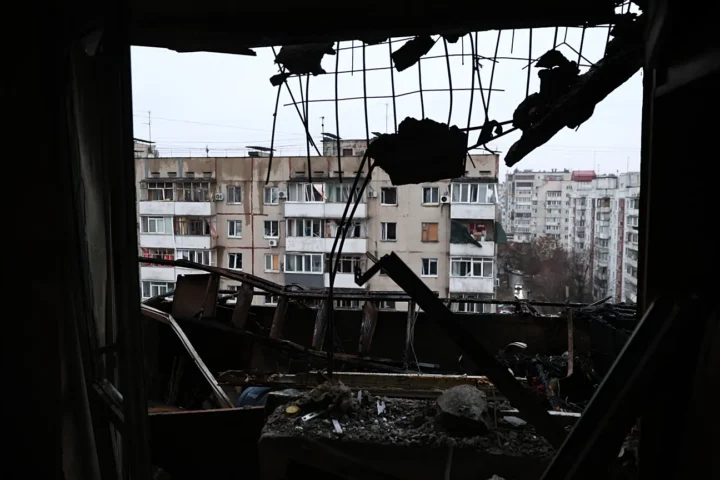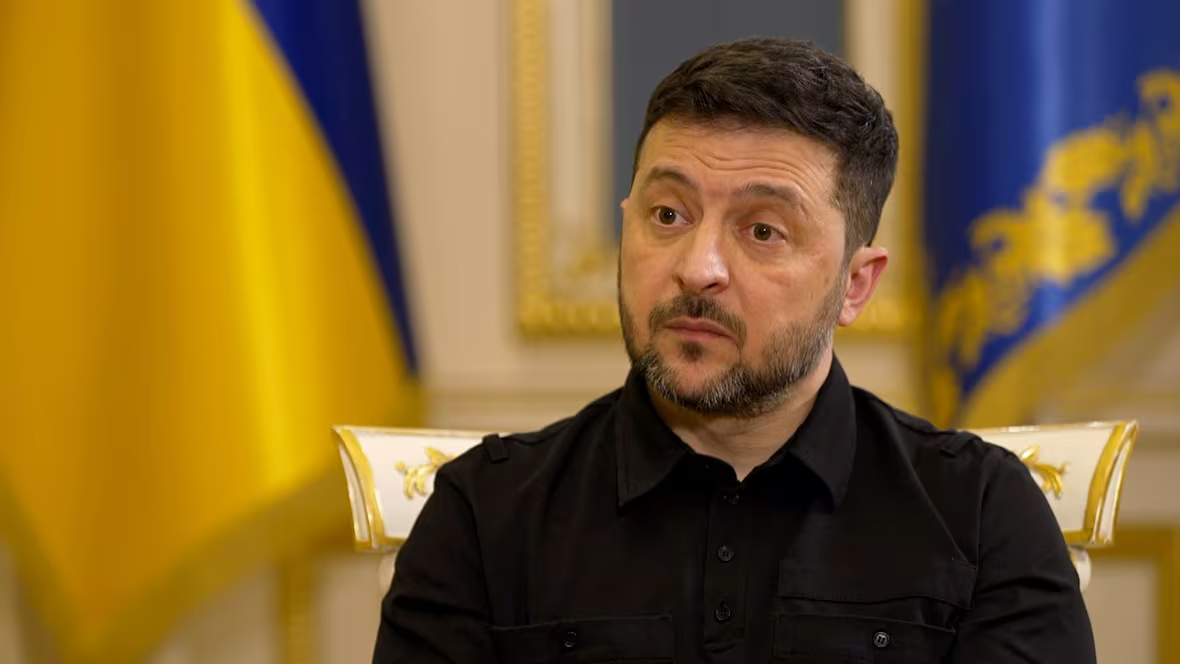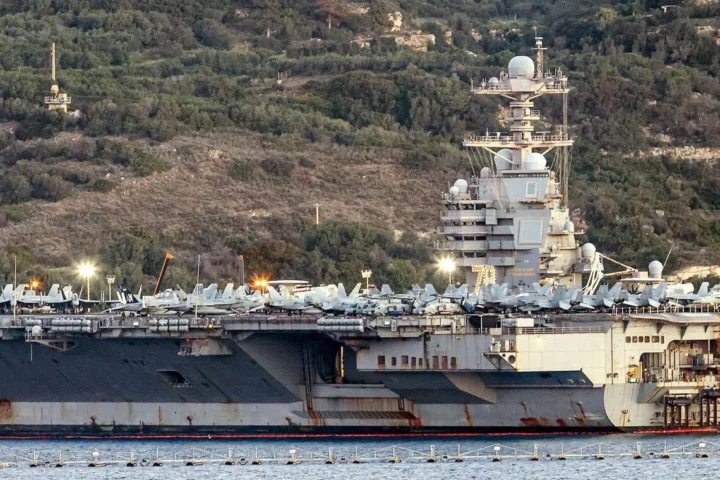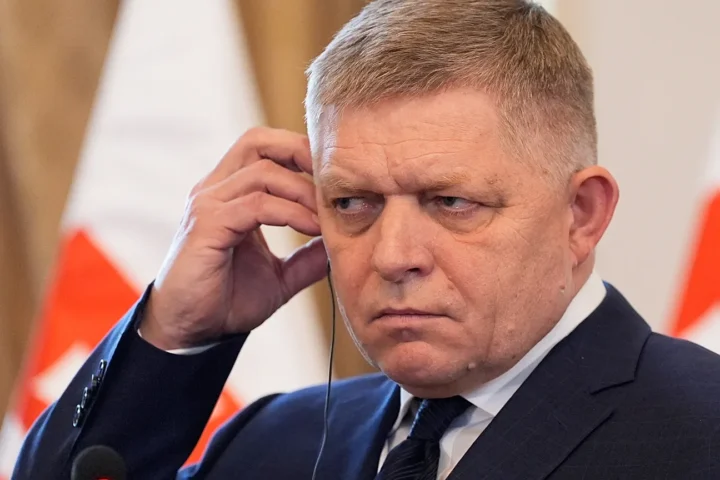The recent military escalation between Israel and Iran has significantly impacted global financial markets, triggering widespread volatility.
Global Market Response
Following Israel’s airstrikes on Iranian nuclear and military sites, global stock markets experienced sharp declines. The Dow Jones Industrial Average fell by 1.8%, while the S&P 500 and Nasdaq Composite dropped by 1.1% and 1.3%, respectively. Investors flocked to safe-haven assets, leading to a surge in oil prices and increased demand for gold and U.S. Treasuries. The Cboe Volatility Index (VIX), often referred to as the “fear gauge,” spiked to a three-week high, indicating heightened market uncertainty.
Regional Market Impact
- Asia-Pacific Markets: Asian stock indices, including Japan’s Nikkei 225 and South Korea’s Kospi, experienced declines ranging from 0.9% to 1.5%. The Hang Seng Index in Hong Kong also retreated by 0.9%.
- European Markets: European markets mirrored the global downturn, with major indices posting losses amid concerns over potential disruptions to oil supplies and broader geopolitical instability.
- Israeli Market: Despite the ongoing conflict, Israel’s Tel Aviv Stock Exchange showed resilience. The TA-35 Index rebounded by 0.8% after initial losses, supported by strong liquidity and government assurances of economic stability.
Commodity Markets
- Oil Prices: U.S. benchmark crude oil rose by 5.8% to $71.97 per barrel, while Brent crude increased by 5.5% to $73.18 per barrel. The escalation heightened fears of disruptions in the Strait of Hormuz, a critical oil shipping route.
- Gold: Gold prices climbed, reflecting increased demand for safe-haven assets amid geopolitical uncertainties.
Investor Sentiment
The market’s reaction underscores investor apprehension over the potential for the conflict to escalate into a broader regional war. Analysts advise maintaining a defensive investment posture, focusing on assets that traditionally perform well during periods of geopolitical instability.
The situation remains fluid, and market reactions will continue to evolve as developments unfold. Investors are advised to stay informed and consider the implications of the ongoing conflict on their portfolios.


